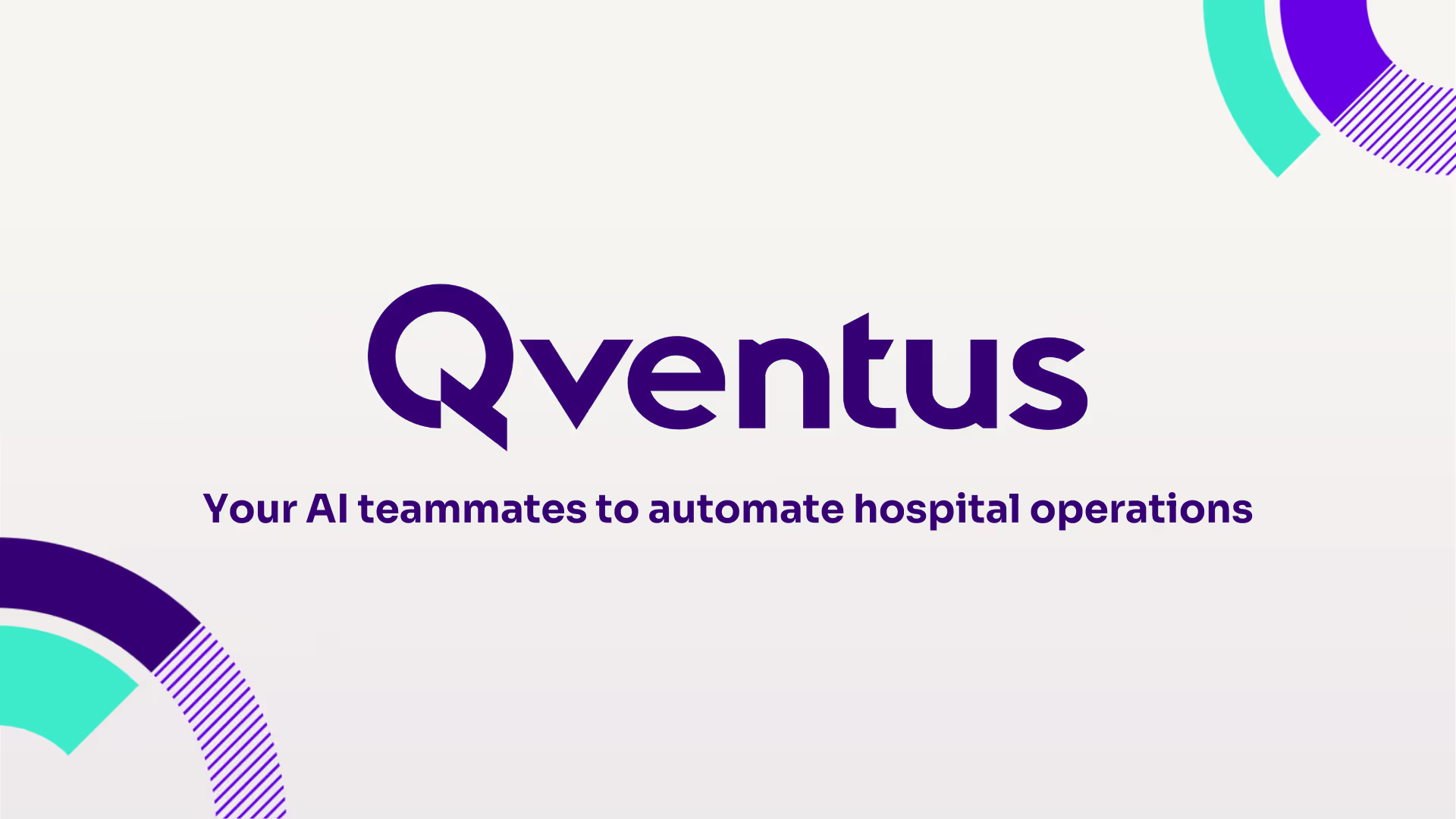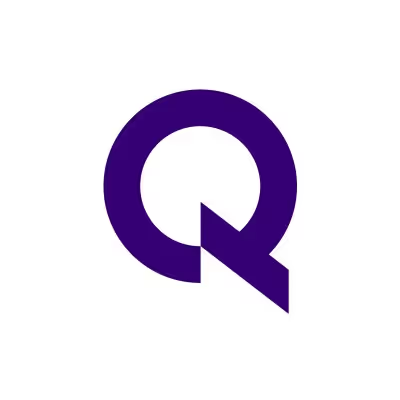
Qventus envisions a healthcare future where operational challenges no longer hinder patient care but instead empower healthcare professionals through intelligent automation. By harnessing the transformative power of artificial intelligence, machine learning, and behavioral science woven seamlessly into existing health IT systems, Qventus aims to revolutionize the way hospitals and health systems deliver care.
Our mission is to unlock the full potential of healthcare operations by reducing complexity and administrative burden, enhancing decision-making with real-time data, and optimizing resource utilization across diverse clinical settings. We are building a future where front-line staff are supported by proactive, responsive AI that transforms workflow bottlenecks into streamlined pathways for patient throughput and staff satisfaction.
Driven by deep expertise and a commitment to meaningful impact, Qventus is reimagining operational workflows to create healthier systems with greater efficiency, improved outcomes, and sustainable growth for healthcare providers worldwide.
Our Review
We've been watching Qventus for a while now, and honestly, it's one of those companies that makes you think "why didn't someone build this sooner?" Founded by two McKinsey and Stanford veterans who saw the writing on the wall about healthcare's operational nightmare, Qventus has spent over a decade perfecting AI that actually works in the chaotic reality of hospitals.
What struck us most isn't just the technology—it's how they've tackled the unglamorous but critical stuff that keeps hospitals running. While everyone else chases flashy diagnostic AI, Qventus is quietly automating the workflows that burn out nurses and clog up emergency departments.
The Secret Sauce We Love
Here's what gets us excited: Qventus doesn't just drop AI into hospitals and hope for the best. They've built their platform to actually integrate with existing electronic health records, which means hospitals don't have to rip out their current systems to make it work.
Their approach is refreshingly practical. Instead of trying to solve everything at once, they focus on specific pain points—like predicting when the OR will run behind schedule or figuring out which patients can be discharged today. It's AI with a purpose, not AI for the sake of it.
Where They Really Shine
The surgical optimization tools caught our attention big time. Operating rooms are basically printing money for hospitals, but they're often underutilized because of scheduling chaos and coordination nightmares. Qventus's platform can actually predict bottlenecks and suggest interventions before they happen.
We're also impressed by their new AI Solution Factory—essentially a way for hospitals to co-develop custom AI solutions for their specific challenges. It's like having a startup incubator inside your healthcare system, which is pretty clever positioning.
The Numbers Tell a Story
That $105 million Series D funding round led by KKR tells us the investment world is taking notice. But what really validates their approach is the highest KLAS rating—healthcare folks don't hand out those lightly.
The 93% employee satisfaction rate in 2022 also says something important about company culture. In a space where burnout is epidemic, building a team that actually enjoys coming to work is no small feat.
Who Should Pay Attention
This isn't for small clinics or solo practitioners—Qventus is built for health systems and academic medical centers with complex operations and the IT infrastructure to support integration. If you're running a 200+ bed hospital and drowning in operational inefficiencies, this could be your lifeline.
We see this as particularly valuable for hospitals struggling with patient flow, surgical scheduling, or discharge planning bottlenecks. The ROI seems to come from unlocking capacity you already have rather than buying more resources.
Feature
AI-powered assistant integrating with hospital IT
Real-time recommendations to reduce staff workload
Automated workflow across emergency departments, operating rooms, and inpatient discharge planning
Surgical growth and perioperative care coordination tools
Inpatient capacity and discharge planning optimization
Emergency department patient throughput management
Outpatient care coordination and pharmacy automation
AI Solution Factory for customized AI operational assistants








